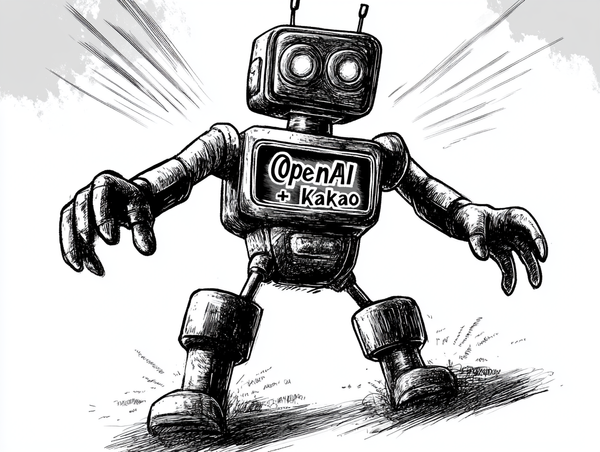AI News, August 9th, 2024

Here is the latest AI tech news from today, August 9, 2024:
- Enhancing AI for Military Operations:
- The United States, United Kingdom, and Australia have advanced their collaborative efforts under the AUKUS partnership, focusing on resilient and autonomous AI technologies (RAAIT). These advancements aim to enhance target detection and decision-making in military operations. The recent Project Convergence Capstone Four (PC-C4) in the US tested these AI systems, emphasizing their ability to support real-time situational awareness and strategic decision-making in complex, multi-domain conflicts (Defence).
- Micron's PCIe Gen6 SSD for AI Workloads:
- Micron Technology has unveiled its PCIe Gen6 datacenter SSD, specifically designed to meet the demands of AI and data-intensive workloads. This new SSD offers unprecedented speeds, with sequential read bandwidths exceeding 26 GBps, doubling the performance of current PCIe Gen5 SSDs. This innovation is expected to significantly improve AI system architectures, enabling faster and more power-efficient data management in datacenters (Blocks and Files).
- CHIPS and Science Act Progress:
- On the second anniversary of the CHIPS and Science Act, the White House highlighted its success in bolstering the US semiconductor industry. The Act has spurred over $395 billion in investments and created more than 115,000 jobs. The administration emphasized that these efforts are crucial for maintaining the US's leadership in AI and other advanced technologies, aiming to increase domestic production of advanced computer chips from 10% to nearly 30% by 2032 (UPI).
- Innovations in AI Storage Solutions:
- Nimbus Data has introduced several new products, including the ExaDrive EN line of Ethernet-native SSDs and the FlashRack all-flash storage systems. These innovations offer high-capacity, energy-efficient storage solutions designed to support AI workloads. Notably, Nimbus Data's new "BatArray," a mobile flash storage data center integrated with Tesla's Cybertruck, can deliver up to 360 GBps of data ingress performance, significantly enhancing data transfer capabilities (Blocks and Files).
These updates reflect ongoing advancements in AI technology and infrastructure, with a strong emphasis on improving performance, efficiency, and strategic capabilities across various sectors.




